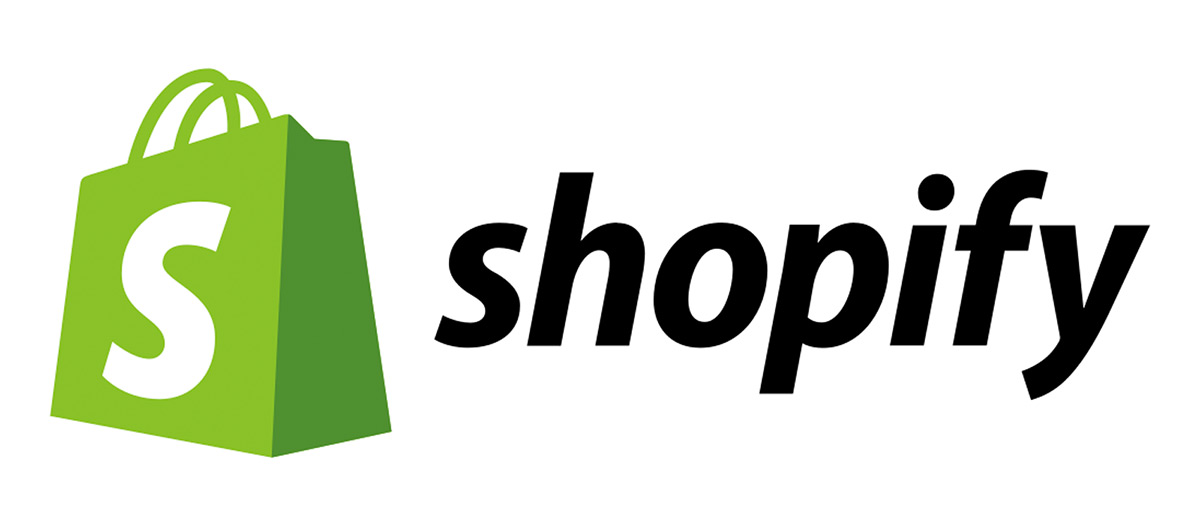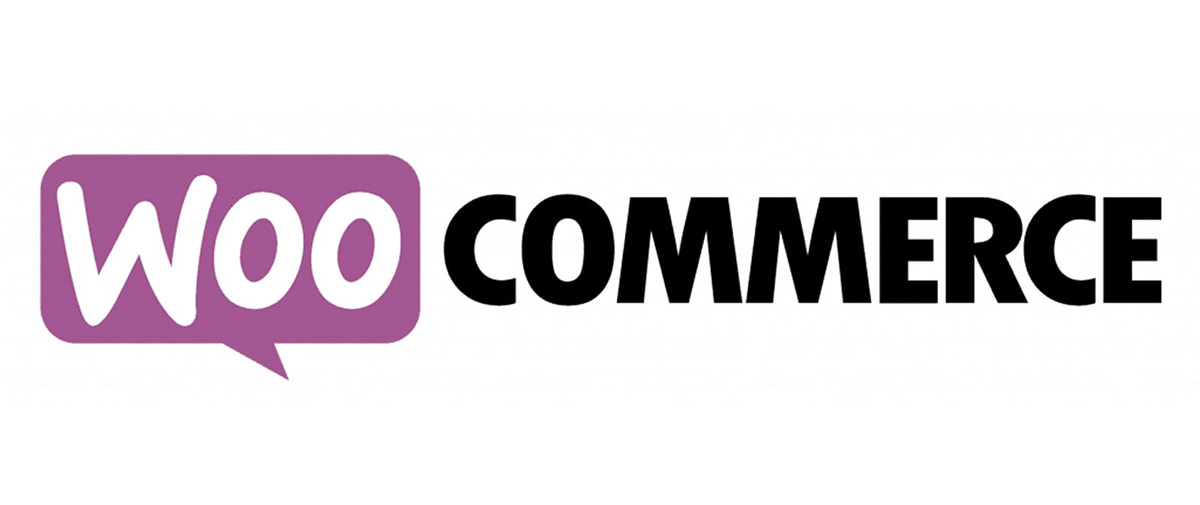If you’re considering setting up an e-commerce store you may be wondering which platform to use.
We take a quick look at the benefits of each and what we recommend as an e-commerce agency.
Introduction
When it comes to choosing which e-commerce platform to use the number of options and variations can be overwhelming. Whilst there are many choices around, the most commonly used are Shopify and WooCommerce. Both platforms have their pros and cons, so it’s important to consider which one will be best for your business.
Below we give you a top-level overview of what platform could be right for you. We will be taking more in-depth looks at the ins and outs of all things e-commerce in future articles, but for now, we hope this quick beginners’ guide will save you some time and help you make the right choice.

Shopify overview
Shopify is a user-friendly e-commerce platform that is great for small to medium businesses looking at an e-commerce website solution. It offers a range of its own add on features and integrations, making it a good choice for many businesses. With Shopify, you don’t need to worry about the technical aspects of managing an e-commerce site such as web hosting, security, caching, etc.
It is generally seen as the easier, off-the-peg solution
The upside
It is a cloud-based solution that is hosted by Shopify, which means that all the technical aspects of running an online store are taken care of. This includes features such as security SSL, backups and software updates.
It is also pre-integrated with several payment gateway providers, making it a convenient and easy-to-use platform for users wanting to get off the ground quickly.
Shopify is very easy to use in comparison to WooCommerce and can get you a reasonably functional e-commerce solution with very little need for any design or website design knowledge.
The downside
Shopify can get quite expensive as it is billed on a subscription basis, with options to upgrade being additionally billable. As well as that payments are another factor that affects your costs. Shopify offers its own Shopify Payments solution which costs around 2-3% per transaction for the basic plan. So whilst it’s easy to use and well supported you do pay for that luxury.
It’s not as flexible as WooCommerce, and whilst it can be integrated into WooCommerce using plugins, it isn’t very easy to change or customise. So for that reason, if you want to create a unique website with a customer journey that is fully bespoke to your brand, you may feel restricted.
The fact that it supplies everything and ties you into a subscription does mean you can be a bit trapped and are at the mercy of Shopify should you wish to scale up at a later date.

WooCommerce overview
WooCommerce is a WordPress plugin that powers up your WordPress website into an online store. WooCommerce is a level up from Shopify as it enables far more customisation both in terms of functionality and user experience. WordPress is the most popular web builder on the planet powering 43% of all websites, and what many don’t know WooCommerce is the most popular e-commerce provider.
WooCommerce allows you full control, and offers a more bespoke solution than Shopify.
The upside
When designing your website from scratch WooCommerce is much more flexible and can fit in with your design and whatever you decide to do to customise the shopper journey. If you want to create a fully bespoke shopper experience and need to be able to evolve and scale it as you grow then WooCommerce offers you this.
As an e-commerce platform, it is more widely compatible with third-party platforms and plugins, meaning if you want to have more control over your e-commerce web store WooCommerce is far more future-proofed and scalable. You can adapt it to work how you want it to.
On top of that, WooCommerce is an open-source plugin for WordPress, meaning it is completely free to use! As an open-source platform it is constantly having additional plugins and functionality made available so is always improving and evolving.
The downside
WooCommerce isn’t an off-the-peg solution as such, so it does require some experience to set up and integrate into your site depending on how customised you want it to be. It can be more difficult to use than Shopify, so can require a bit of effort to get used to if you have never used it before.
WooCommerce doesn’t come with SSL as standard whereas Shopify does, meaning you will have to purchase this separately. Thankfully, several hosting companies are now offering WooCommerce hosting plans which significantly reduce the cost.
WooCommerce doesn’t come with any payment platforms integrated already, so you will have to add those in. That being said costs of doing this are much lower than Shopify, who charge more per transaction.
What would we recommend?
As an e-commerce agency we pride ourselves in creating fully bespoke solutions for our clients, so we naturally veer towards WooCommerce which allows us to make sure we achieve whatever we want and aren’t limited in any way.
We want to create e-commerce websites for our clients that will offer them unlimited options for growth and scalability and adapt to how they want their store to operate. When it comes to the user experience or design, we don’t want to be held back by any kind of limitation and the customisation with WooCommerce means we can pretty much do what we want to create a unique shopper experience.
Having said that, we understand that just as there is a demand for off-the-peg site builders, like Squarespace and Wix, there is also a need for off-the-peg e-commerce solutions. However, you pay for it both in limitations and pricing and whilst we are happy to work with clients on a Shopify platform we would always recommend WooCommerce for anyone wanting the best results from their e-commerce websites. After all, why would you want to be restricted in your e-commerce strategy? As an e-commerce agency limitations aren’t something we like!
If you would like to help decide what e-commerce solution would be best for your next website project, or what like to know more about improving your current e-commerce site’s performance then get in touch with the Above Digital team.
